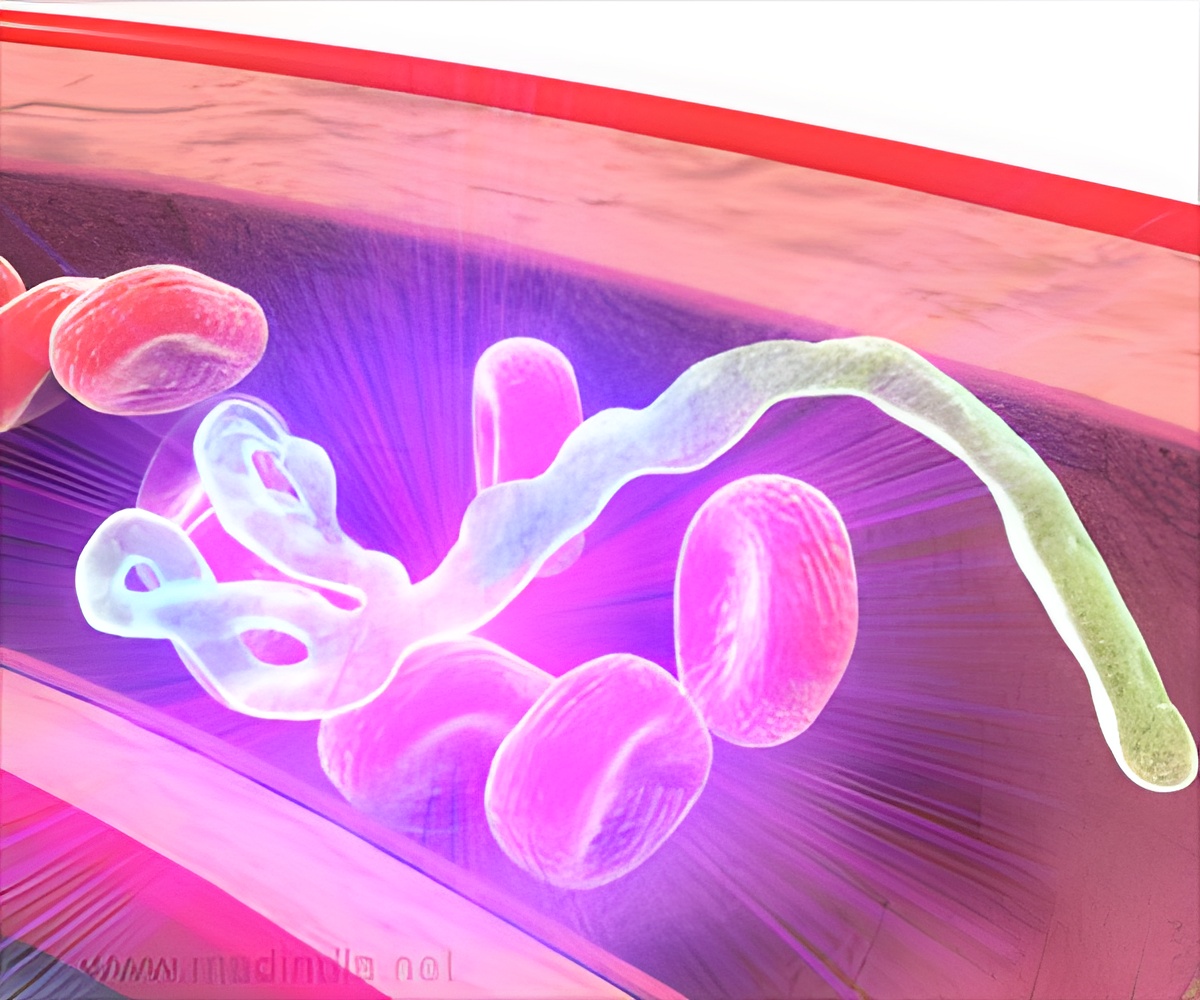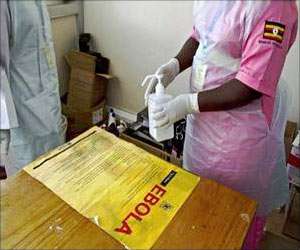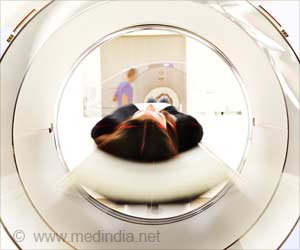The high performance computer with 1,512 cores of compute capacity is available at no cost to the researchers across all disciplines at University of Sydney.

The university and Dell Australia announced its launch on June 10, Xinhua reported citing an Australian Broadcasting Corporation report.
The supercomputer is not basic. It has 1,512 cores of compute capacity, almost 10 Terabytes of fast DDR4 memory, 10 Nvidia Tesla K40 graphics units and 480 Terabytes of Lustre file storage.
The university said the high performance computer (HPC) was available at no cost to the university’s researchers across all disciplines.
National Health and Medical Research Council Australia fellow, professor Edward Holmes, from the university’s Charles Perkins Centre, said he was harnessing Artemis to trace the spread of Ebola in West Africa. By sequencing the virus’s genetic code, the university could discover how Ebola changed and adapted as it spread.
Source-IANS










